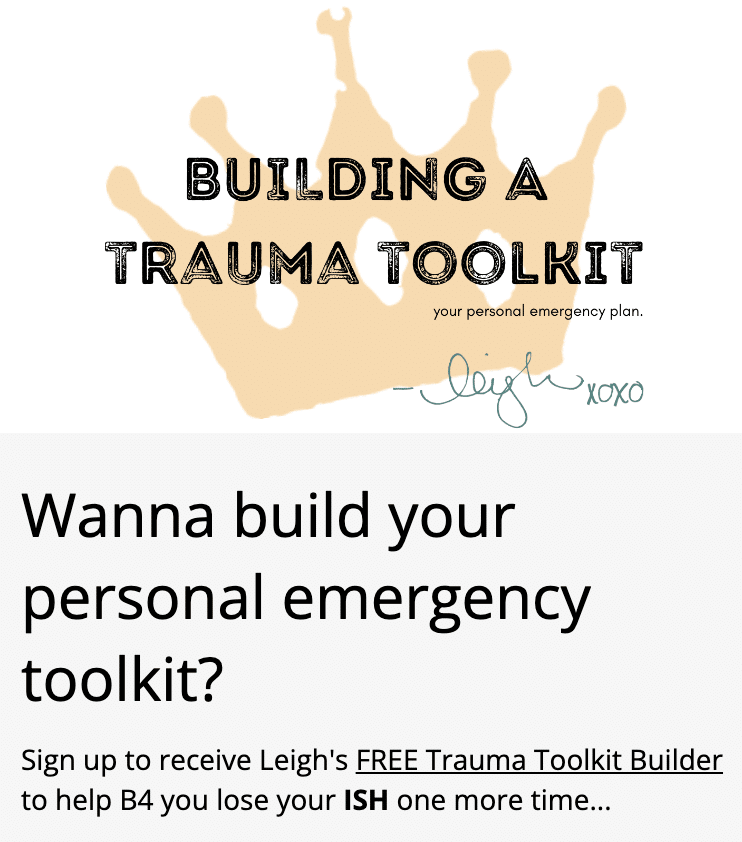How To Blog (102): Three Major How-To’s of Blogging
Welcome back, Beloved!
We talked last time about the beauty of the blog. Did you get a chance to listen to the FB Live on YouTube?
Yes? Excellent! You get a gold star and can go to the head of the class.
No? No matter. I gotcha covered.
Today we’ll spell out some of the majors – your biggest blogging questions. How Long, How Often, and How To Edit.

1. Blogpost Length: How long should blogposts be?
- Write as many words and thoughts as you can to start. Just get something down in your notebook or on your screen. If you’ve never written before, make it your goal to get to 500 words written. At 300 words, you’re writing has to be really tight and understandable; you have to make every word count. (If you are a poet, well, maybe that would be the perfect length!)
- Many blogposts are 300-700 words to start.
- If you are a technical writer, say, for computer sciences, gaming, academia, Bible study, medical, or other professional realms, your posts can and should be a lot longer, up to 1500 words or more. Your references and sources will also obviously take up word count. (You’ll probably want your authoritative credentials to be obvious on your site. More on tech specs in the next post.)

2. Blog Post Schedule: How often should I post?
- Post consistently and consistently post. If you decide 1X/week is good or twice per month, start there and be consistent. Your readers need to know what to expect.
- Don’t make the overachiever’s mistake like I did by posting twice a week every week for more than a year. Seriously. GAH!
- I got the best advice at the Mount Hermon Christian Writers Conference that saved my sanity. Since I regularly write for other publications and people, posting only 1-2 times a month allowed me to work on other projects. Email servers might think you’re spam and block you, especially if you are also sending monthly newsletters to your audience.
- Whatever your decide, give your best every time – consistently. Your readers deserve it, but even more, God deserves your best.
3. Editing: How to edit blog posts.
- Edit ruthlessly. Honestly, I write one day, wait 24 hours, then edit like a maniac. Rework words, paragraphs, and format for simplicity, flow, and impact.
- If something you’ve written doesn’t go with your current post but you cannot bear to part with it, use it as a starter idea to give it rebirth as a brand new post.
- If you’re not good at editing, FIND AN EDITOR. Is your best friend an English teacher? Do you know someone else who is a professional writer? Ask for help.
- Teach yourself to be a better writer. Software is great, but there are many great books out there to teach you editing, too. (Click HERE and HERE for two excellent ones.)
When I first started blogging, my first editors were my husband and kids who read for clarity, punctuation, and content. My high school AP English kid, Julian, continues to be my regular grammar and punctuation boss. I even pay him for his work when I submit professionally.
These days, when I write for magazines, like The Lookout or The Upper Room, I sometimes have up to seven editors who are all looking for something different. My job is to make their job as easy as possible to accept my work and not have to do edits or rewrites. That costs me time and money.
When you first start blogging, no matter what your mommy says, your writing will not be as good as it will after you’ve consistently worked at it. If you’ve had some previous training, you might be a little better than a newbie, but even then, you won’t be nearly as good a writer at the beginning as you will be after months of solid posting. And that’s okay; God just calls us to begin the journey. He’ll equip us as we go along.
Next time, we’ll cover the tech specs of blogging. Happy writing, Love!

If you’ve somehow missed my other posts in this series, be sure to click to read #101, #103, #104, and #105!


